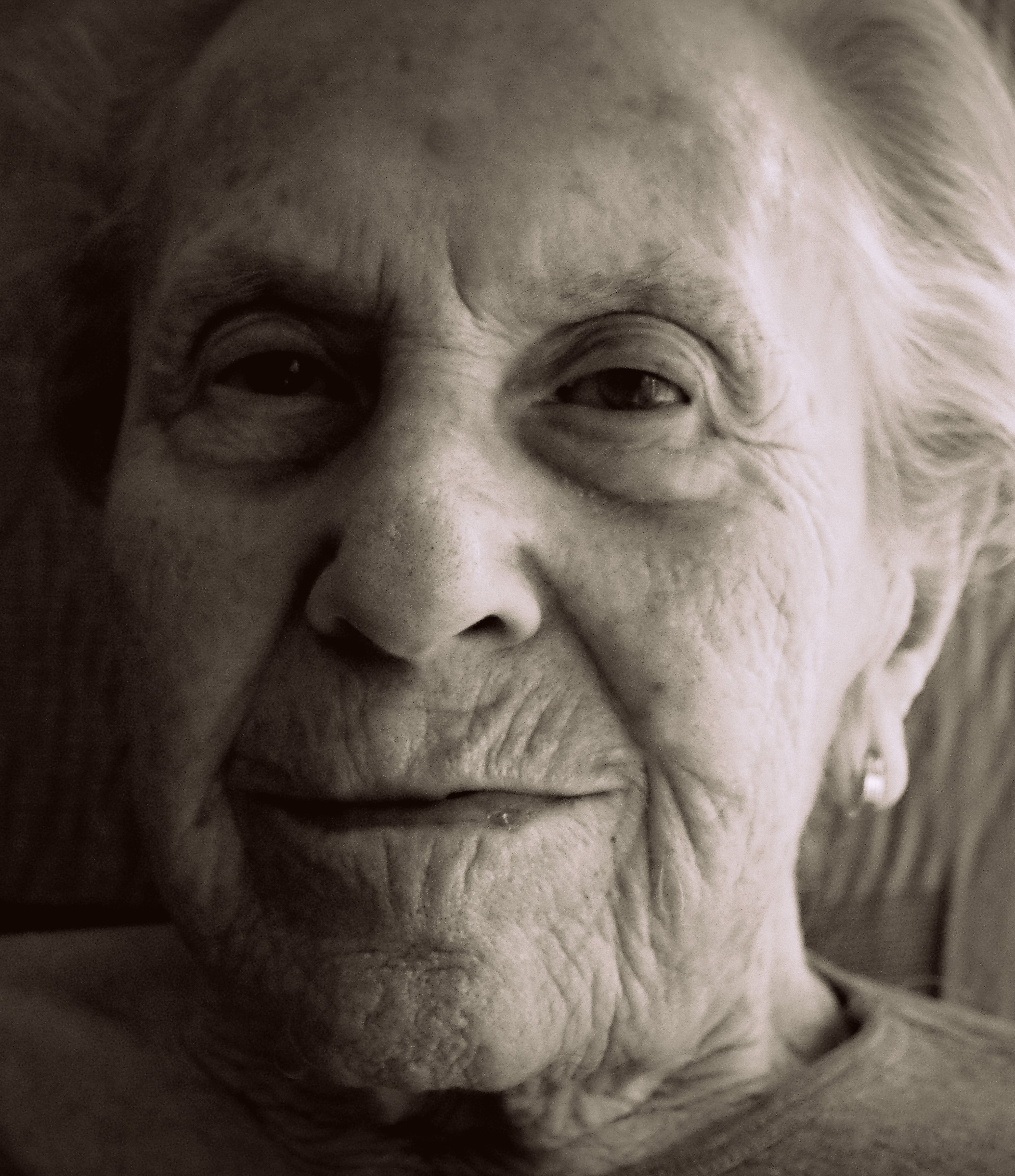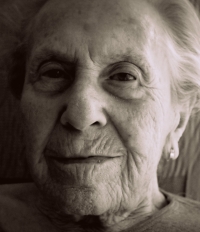I was lucky my dad was an Aryan

Download image
Helena Valíková, née Vaňačová, was born on February 5, 1931 in Kardašova Řečice, southern Bohemia, into a Czech-Jewish family. Her mother Růžena Ráblová was Jewish, the daughter of a kosher butcher from Třeboň who was killed in the First World War. Her father František Vaňač, born in Vodňany, was trained as a carpenter. A few years after the birth of his daughter he moved with his family to Horní Počernice in Prague. There, the contemporary witness often saw President Edvard Beneš as he visited his brother on his farm in the neighboring village of Svépravice. When the war came, she suddenly ended up all alone - her father, who refused to divorce his Jewish wife, was interned in the concentration camp in Bystřice in the Benešov region, and her mother and grandmother were transported to Terezín. However, her father’s family was determined to take care of little Helena. Until the end of the war, her aunt Anna Vaňačová hid her in her Prague apartment together with two other children from a mixed marriage. After the war, the witness returned home and was reunited with her parents. She graduated from a business academy and made a living as a secretary all her life. Now she lives in a care home in Prague.
